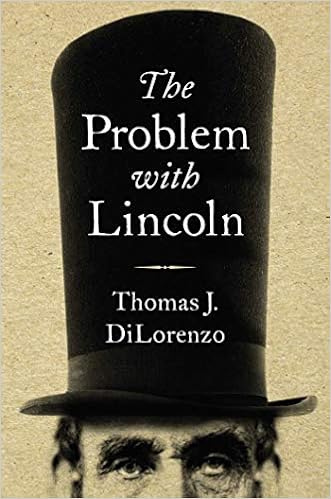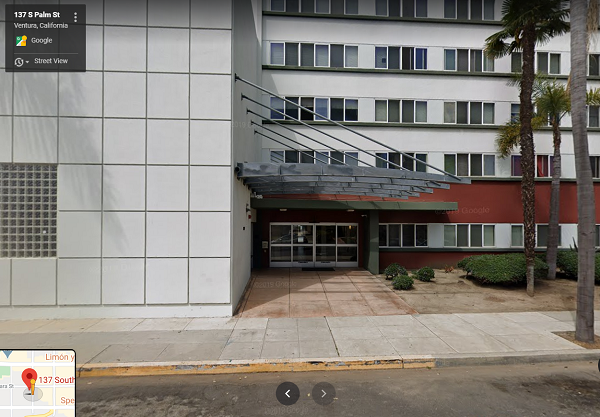The title of Thomas J. DiLorenzo new book, The Problem with Lincoln, is an understatement. Lincoln was far more than a problem. He was the worst disaster ever to befall the United States.
Lincoln destroyed the federal republic established by the founding fathers, and he destroyed the Constitution that protected it. He violated every provision of, and every Amendment to, the Constitution. He then rewrote, in effect, the Constitution and left the 10th Amendment out.
The Lincoln regime was a dictatorship. Lincoln disregarded US law, the US Constitution, every right of the people, the power and authority of judges, and even exiled a US Representative. DiLorenzo writes that “freedom of speech was virtually nonexistent in the Northern states for the duration of the Lincoln administration.” Lincoln ordered the arrest and imprisonment of everyone who disapproved of his invasion of the South or made the slightest criticism of him. There were mass arrests of citizens and news paper editors of northern states. A minimum of 38,000 citizens of northern states were imprisoned without due process.
Lincoln committed treason against the Constitution when he suspended Habeas Corpus. No such power resides in the presidency. Only Congress can suspend Habeas Corpus even in the case of rebellion and invasion.
US Supreme Court Chief Justice Roger B. Taney ruled Lincoln’s suspension of habeas corpus was unconstitutional. New York Tribune editor Horace Greeley wrote that it may be necessary to teach Taney a lesson. Lincoln had an arrest warrent written for Taney’s arrest, but did not serve it, apparently instead relying on Taney’s awareness of the warrant to bring him into line.
Other judges both state and federal who attempted to uphold laws were beat bloody and dragged off to prision or placed under house arrest and prevented from performing their judicial duties. Judge Richard Bennett Carmichael in Maryland attempted to enforce due process. Lincoln’s Secretary of State William Seward sent armed federal soldiers. They pistol-whipped the judge in his chambers, “beat him bloody and unconscious, and dragged him off to Fort McHenry.” US circuit court judge William Merrick issued a writ of habeas corpus for an underaged youth and was put “under house arrest by force of arms without due process.” Under Lincoln, there was not only no separation of powers, there was no other power.
Lincoln used army troops to break up meetings of the Democratic Party. US Senator Thomas A. Hendricks, for example, was prevented from speaking by Union troops with fixed bayonets who threatened “to make a summary disposal of him.”….Read More










